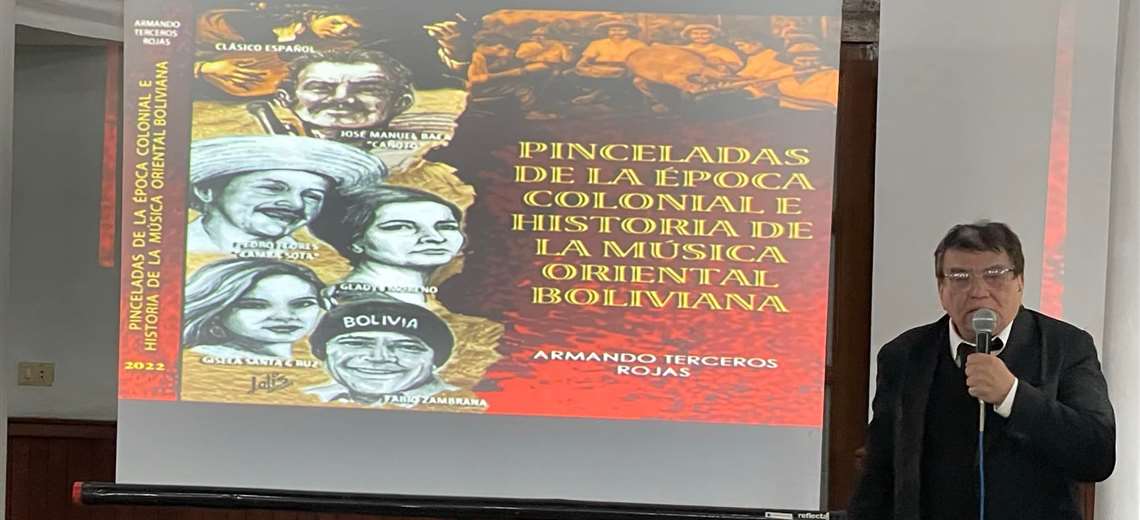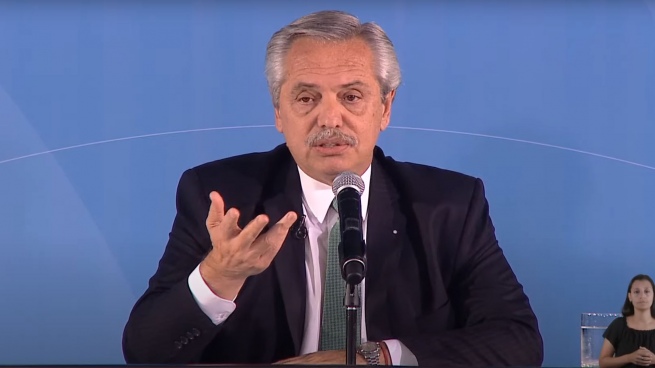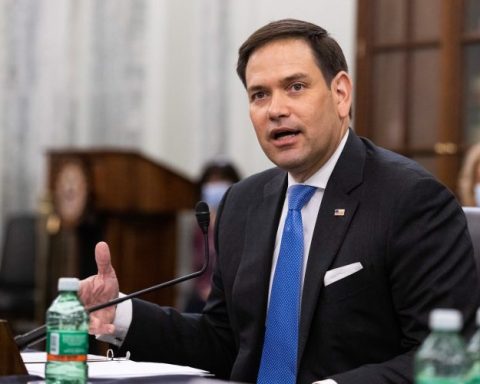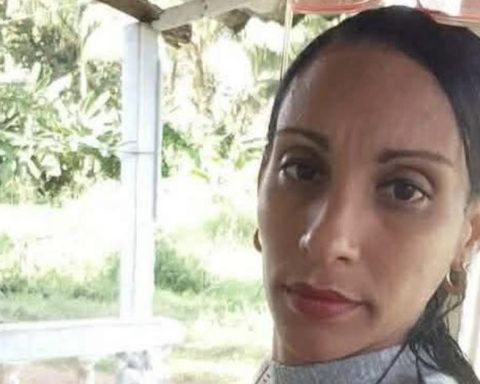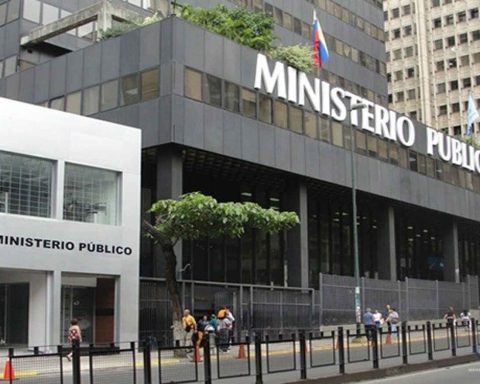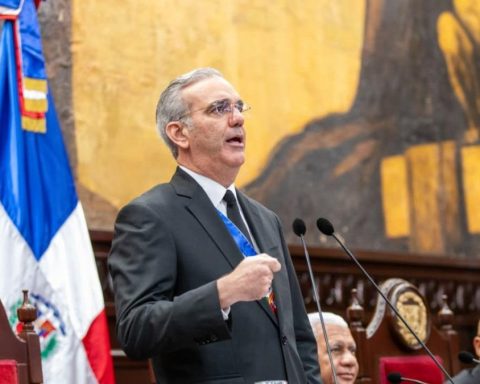The history of music in eastern Bolivia has various nuances and elements that make it unique in many aspects, from the influence of various cultures on its rhythms and forms to the quality of authors, performers and composers. Those aspects are nourished the last work of Armando Terceros Rojasone of the fundamental names when it comes to talking about the music of the last half century in the region.
The founder of Los Cambitas has concluded a book, which is the result of countless hours of research and collection of data and images. Brushstrokes of the colonial era and history of Bolivian oriental music titles this volume, which will be presented on Tuesday, June 7 at the Santa Cruz International Book Fair.
Last weekend, Terceros made a preview of his work at the Social Club 24 de Septiembre, where he received good comments. Among the first to express their satisfaction with the book were the members of the Santa Cruz Geographical and Historical Studies Society of Santa Cruz, who consider that the work should be read in schools, since it is an important reference source.
Content
As the title indicates, the book does not delve into the colonial period of history, but it does offer brushstrokes of that time to have as references the background of the music that was heard between the original cultures and that brought by the Spanish.
“One of the first rhythms in the region is the chobena, which the Jesuits discovered among the Chiquitanos. As the population grew, various genres of European origin were spread among society, such as the waltz and the polka, which, curiously, has a similarity to the taquirari”, comments Terceros.
With regard to the taquirari, he gives guidelines on the possible origins of this rhythm and describes how it spread throughout eastern Bolivia. He also releases a fact that few know. “Piama is not a chobena, she is a taquirari”.
The book includes the music that sounded at the beginning of the 20th century, but focuses on what Terceros considers the golden age of Eastern music: the decade of the 50s and the two that followed.
However, the information in general goes back to what was heard in the late 1990s and early years of this century.
“From Mateo Flores, Susano Azogue and Gilberto Rojas, to Gladys Moreno, Arturo Sobenes, Nicolás Menacho, Godofredo Núñez and Rógers Becerra, there have been many composers and singers who have given prominence to our music”, says Terceros.
